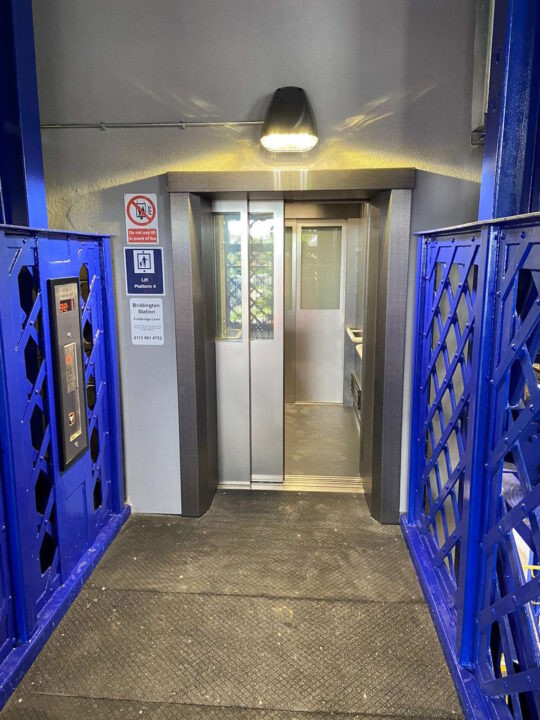Whereas Chinese investments in Central Asian logistics are a known trend, the same cannot be said of South Korean involvement in the region. Yet, it is seemingly also looking to enter the scene in Central Asian transport. South Korean companies are investing in rail infrastructure in Uzbekistan as well as neighbouring Tajikistan.
South Korea’s interest in Central Asian rail logistics may seem unexpected, especially because its only rail connection to the outside world runs through arch enemy North Korea. Nevertheless, South Korea is now conducting a feasibility study for a Tajik railway to Afghanistan, which could link Tajikistan up with a rail route eastward. In 2023, South Korea’s national rail operator also won a contract to aid in the construction of rail infrastructure in Tajikistan, where rail remains a vital modality for international trade flows.
Moreover, South Korean company Ecofarm Global is now building a logistics centre as well as a (passenger) rail terminal in Uzbekistan. In 2023, South Korea’s national rail operator won a contract to aid in the construction of rail infrastructure.
Looking westward
The Korean involvement in Central Asian logistics is in no way comparable to the participation of their Chinese counterparts, but it seems that Seoul is cautiously looking westward for logistics security. The underlying reason, according to the Diplomat, may be a long-term wish for a trans-Korean railroad, as well as diversification away from shipping through the Malacca Strait.
Better rail connections to Central Asia, with or without a direct connection through the only overland gateway of North Korea, may reduce the country’s dependence on important international shipping routes. The Malacca Strait and its extended transportation routes have been a source of confrontation and have led countries to pursue alternative logistics corridors. Perhaps with an eye on Chinese naval exercises around Taiwan, South Korea may be looking to more land-based routes to secure part of their logistics needs.
For now, South Korea’s involvement in Central Asian transport remains very modest: its Uzbek projects are valued at 50 million dollars, whereas the Tajik feasibility study costs approximately 4 million. Whether the country opts to aid further in the development of Central Asian connections, and by extension the connectivity of the Middle Corridor, remains to be seen.
